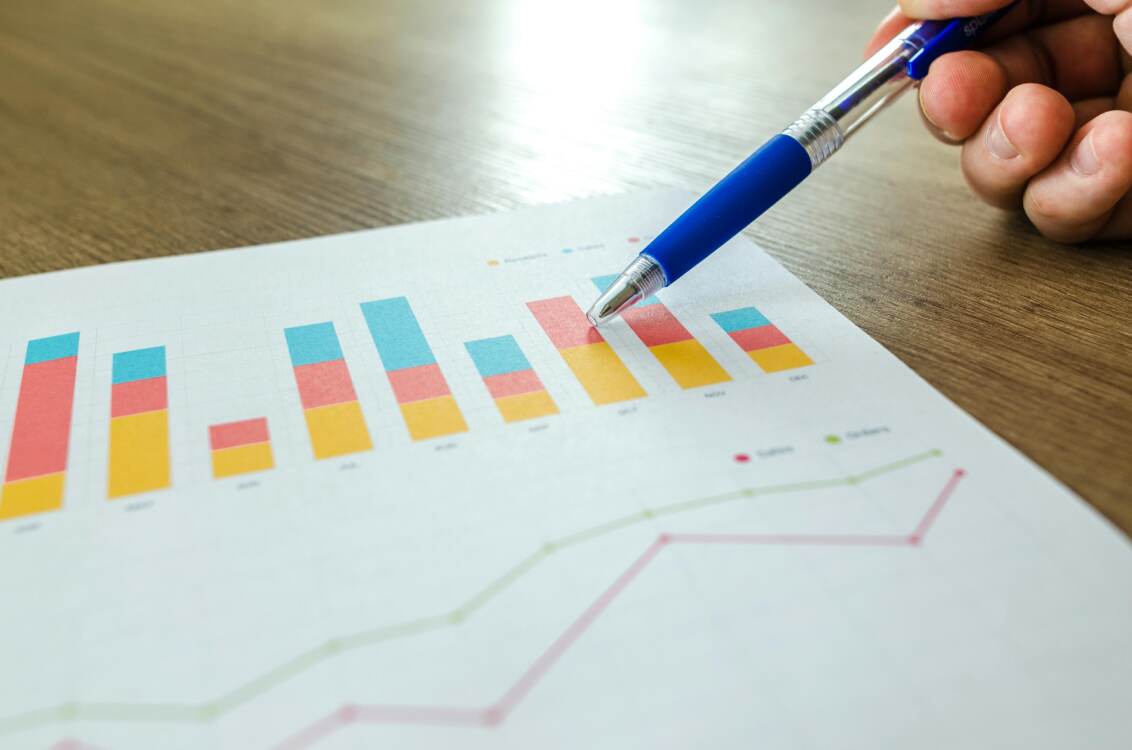
Finding the right custom rubber supplier is crucial for ensuring high-quality production in various manufacturing applications. The selected supplier not only provides materials but also serves as a strategic partner that can greatly influence your production quality, efficiency, and overall success.
Understanding the Role of a Custom Rubber Supplier in Manufacturing
Custom rubber molding companies are more than just vendors; they are integral to the manufacturing process, providing tailored rubber solutions to meet unique specifications. This includes rubber parts for machinery, seals, gaskets, and molded products.
The Manufacturing Process
The process with custom rubber products manufacturers involves several stages: design, prototyping, and production. Suppliers collaborate closely with clients to understand project requirements. This partnership ensures that the manufactured rubber products are both functional and cost-effective.
Industries Served
Custom rubber molding companies serve a diverse range of industries. From automotive to electronics, rubber’s versatility makes it ideal for many applications. Understanding the specific needs of your industry can significantly influence your choice of supplier. For instance, the automotive sector often requires durable materials that can withstand extreme conditions, while the electronics industry may need precision components with specific electrical properties.
Key Attributes to Evaluate When Choosing a Supplier
Choosing a custom rubber supplier requires careful consideration of several attributes. The following traits can help you identify the right partner.
Reputation and Experience
A supplier’s reputation is a strong indicator of their reliability and capability. Research potential suppliers through reviews, testimonials, and case studies. For instance, Company A successfully reduced production costs by 20% after switching to a reputable supplier known for their innovative materials. Years of experience can reflect a supplier’s stability and expertise in the field.
Technological Capabilities
Advanced technology enhances rubber production quality and efficiency. Suppliers with state-of-the-art equipment can deliver better results, whether through precision molding or sophisticated quality control systems. For example, using injection molding technology can improve part uniformity and reduce waste.
Product Range
Evaluate the supplier’s product range. A diverse offering demonstrates expertise in handling various projects, from simple rubber gaskets to complex molded products. This flexibility is beneficial for adapting to changing project requirements.
Quality Assurance: Why It Matters in Custom Rubber Production
Quality assurance is paramount in manufacturing, especially in custom rubber production. Poor quality can lead to failed applications and increased costs.
Standards and Certifications
Look for suppliers who adhere to industry standards and possess relevant certifications. ISO certifications signal a commitment to high-quality processes, ensuring that products meet international benchmarks. According to ISO, companies with an ISO 9001 certification have demonstrated their ability to consistently provide products that meet customer and regulatory requirements.
Testing and Quality Control
Inquire about the supplier’s testing procedures. A reputable supplier should have robust quality control measures, including material testing, performance evaluations, and compliance checks. Understanding these processes builds confidence in their capabilities and helps prevent costly errors.
The Importance of Technical Expertise and Industry Experience
Technical expertise is essential when working with custom rubber suppliers. They should possess a deep understanding of rubber materials, molding processes, and have experience in your specific industry.
Problem-Solving Skills
A supplier with technical expertise can identify potential issues before they escalate. Their ability to troubleshoot can save you time and resources during production. For instance, a supplier that recognizes a flaw in a design before it’s too late can prevent delays and additional costs.
Industry Knowledge
Understanding your industry’s intricacies makes a significant difference. Suppliers experienced in your sector are more likely to be familiar with the regulatory requirements and performance expectations unique to your applications.
Flexibility and Customization: Meeting Your Unique Needs
In today’s fast-paced manufacturing landscape, flexibility is a valuable trait in a custom rubber supplier. The ability to adapt to changing requirements can enhance your production efficiency.
Custom Solutions
A good supplier should offer diverse customization options. Whether you need specific sizes, colors, or materials, your supplier should be able to accommodate your requests. This adaptability is crucial for meeting unique project demands.
Lead Times and Production Capacity
Evaluate the supplier’s production capacity and lead times. Suppliers who can quickly scale operations can better meet fluctuating demands, ensuring timely delivery without compromising quality.
Evaluating Supply Chain Efficiency for Timely Deliveries
Supply chain efficiency is critical when choosing a custom rubber supplier. Delays can disrupt manufacturing and increase costs.
Logistics and Distribution
Ask about the supplier’s logistics capabilities. A supplier with a well-organized distribution network can ensure timely deliveries, regardless of your location. This is particularly important for companies operating across multiple regions.
Inventory Management
Effective inventory management enhances supply chain efficiency. Suppliers who maintain adequate stock levels and can forecast demand are better positioned to meet your needs on short notice.
Assessing Customer Support and Communication Practices
Strong customer support is essential when working with custom rubber suppliers. Clear communication prevents misunderstandings and ensures smooth project progression.
Responsiveness
Assess how quickly potential suppliers respond to inquiries. A responsive supplier demonstrates that they value clients and are willing to address issues promptly.
Dedicated Support Teams
Having a dedicated support team can improve your experience. Suppliers who assign specific representatives to your account provide personalized service, ensuring that your needs are consistently met.
Sustainability Practices: Aligning With Eco-Friendly Standards
In today’s environmentally conscious market, sustainability is increasingly important. Selecting a custom rubber supplier that prioritizes eco-friendly practices benefits both your business and the planet.
Eco-Friendly Materials
Many rubber manufacturers now offer eco-friendly materials, such as bio-based rubber and recycled compounds. Ask about the types of materials used in production and whether they have sustainable options. This can help reduce your carbon footprint and enhance your brand’s reputation.
Waste Management and Recycling Initiatives
Evaluate the supplier’s waste management practices. Suppliers committed to reducing waste and promoting recycling initiatives demonstrate a dedication to sustainability that can align with your company’s values. For instance, Company B implemented a recycling program that reduced waste by 30%, showcasing their commitment to eco-friendly practices.
| Trait | Importance | Key Questions to Ask |
| Reputation and Experience | Indicates reliability and capability | What do reviews say about your company? |
| Technological Capabilities | Enhances production quality and efficiency | What technologies do you use in your production process? |
| Product Range | Demonstrates expertise and flexibility | What types of rubber products do you manufacture? |
| Quality Assurance | Ensures high standards and reduces errors | What certifications do you hold? |
| Testing and Quality Control | Confirms product reliability | What testing processes do you follow? |
| Technical Expertise | Aids in problem identification and resolution | What is your experience with my specific industry? |
| Flexibility and Customization | Adapts to unique project demands | How do you handle custom orders? |
| Lead Times and Production Capacity | Ensures timely delivery | What are your average lead times for production? |
| Supply Chain Efficiency | Minimizes delays and disruptions | What logistics systems do you have in place? |
| Customer Support | Facilitates smooth communication | How can I reach you if issues arise? |
| Sustainability Practices | Aligns with eco-friendly standards | What eco-friendly materials do you offer? |
| Waste Management | Reflects commitment to sustainability | What recycling initiatives do you have? |
Featured client/products:
Glass Floors | Semi Truck Ramp | Glass Blocks| SEO Services Near Me | Steel Yard Ramp | Ramp for Loading Dock | Glass Flooring | Loading Dock Ramps | Portable Yard Ramp | SEO Company Near Me | SEO Agency Akron | SEO Expert Near Me | Marketing Agencies Near Me | Marketing Agency Akron
Yard Ramps | Yard Ramp




